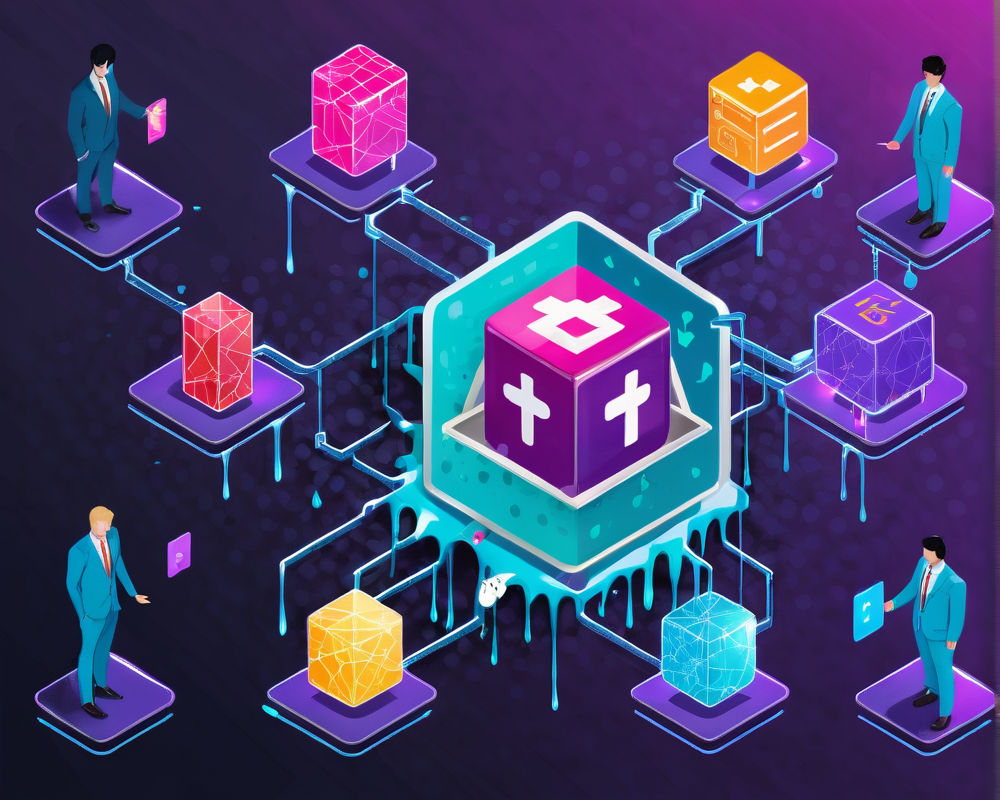The Big Reveal: AI and Smart Contracts
In recent revelations from the digital crypto universe, an AI-driven chatbot, ChatGPT, has made headlines as a double-edged sword in the realm of smart contracts. First designed for engaging conversations, this invention quickly crept into the coding world, revealing its capability of highlighting vulnerabilities while simultaneously offering guidance on how to exploit them. It’s like a good friend who also likes to spill the beans about your darkest secrets.
The Good Side: Identifying Vulnerabilities
One of the most compelling aspects of ChatGPT is its knack for identifying reentrancy vulnerabilities in smart contracts. Stephen Tong, co-founder of a smart contract auditing firm, documented his experience when he asked the chatbot for help with a suspicious piece of code. The bot wasted no time in pointing out that a clever hacker could continuously withdraw funds, kindly providing a code fix as well—just like a tech-savvy friend giving you a mini coding lesson while simultaneously ensuring you don’t end up broke.
The Bad Side: Teaching the Hackers
But wait! Not all attention is delightfully constructive. Allegedly, ChatGPT can also be cajoled into teaching hackers how to pull off the very exploits it warns developers about. Imagine asking a lion for a snack recommendation, only for it to suggest braised antelope. Twitter users swiftly noted this dichotomy, and a trail of screenshots demonstrated startlingly alarming results from their exchanges with the chatbot.
Gig Economy Meets Smart Contract Security
Ultimately, it seems that ChatGPT may have inadvertently birthed a new sector of consulting—the ‘ChatGPT-Aided Smart Contract Security!’ Just picture freelancers skipping office attire and sitting in their pajamas, using the bot to assess risks in smart contracts. One enthusiastic user jubilantly announced a fundraising campaign for a ‘consulting company,’ which, let’s face it, is just a glorified subscription to ChatGPT. In the gig economy spirit, why not capitalize on the bot’s genius, right?
The Hurdles: Inaccuracies and Limitations
While this AI marvel brings monumental capabilities to the table, it isn’t perfect. Users have reported varying results based on how they word their requests—like asking someone to teach you to ride a bike only to be shown how to build one instead. Moreover, not all smart contracts generated have passed the “eye” test, revealing flaws that could cause more troubles in your blockchain world. This rollercoaster ride with AI in coding serves as a stark reminder that even technology’s brightest stars can have their hiccups!
The Future of AI in Coding
According to OpenAI CEO Sam Altman, ChatGPT represents just the tipping point in a growing trend. AI-powered language interfaces will soon evolve to answer questions seamlessly and assist in broader tasks. Picture it: in not-too-distant scenarios, coding with AI could become the norm, with the chatbot not just offering advice, but also potentially paving paths for innovative outputs. Exciting? Definitely. Terrifying? A smidge!















+ There are no comments
Add yours